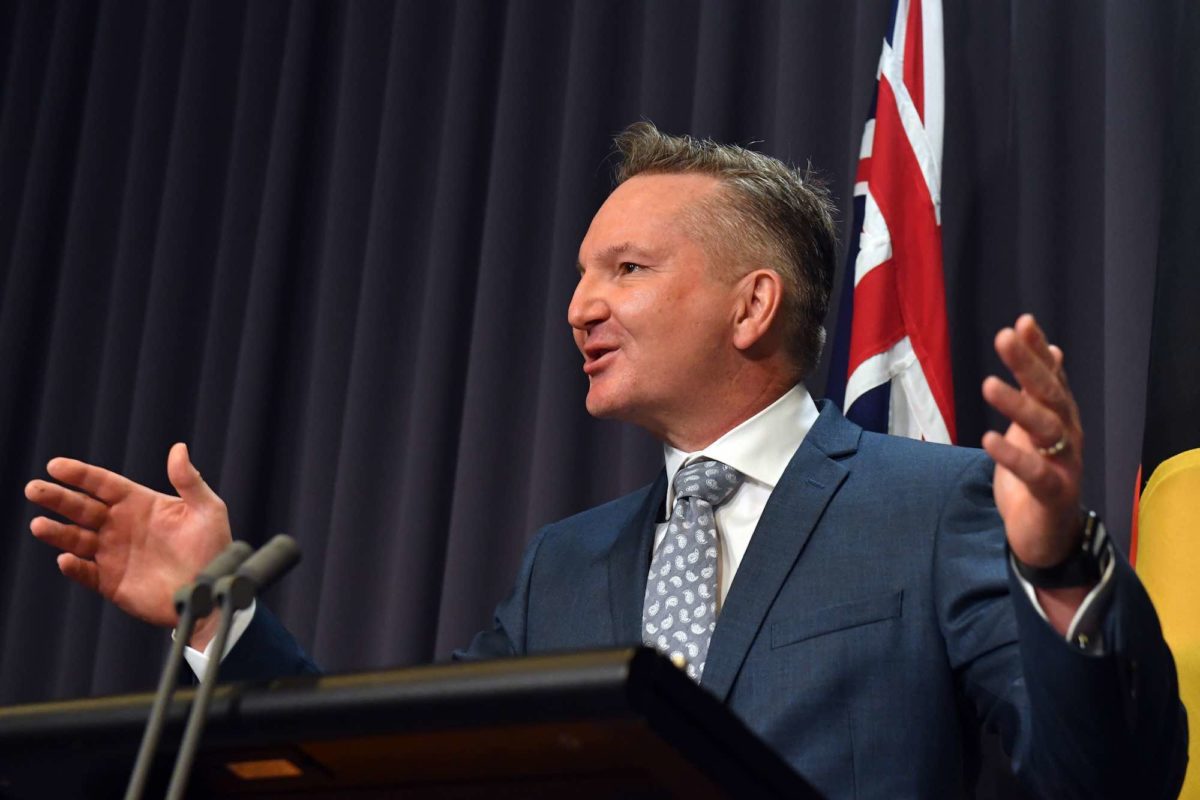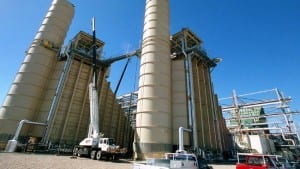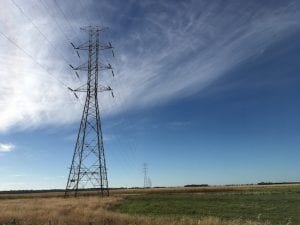Federal energy minister Chris Bowen says he does not expect any need for forced load shedding, as energy market regulators write to generators to remind them of their need to bid fairly in the energy market.
On Tuesday, Bowen played down the prospect of any blackouts despite a forecast lack of electricity supply across multiple states, saying he was confident there is enough capacity available that could be directed to supply power if the need arises.
“There is enough supply in the system to avoid load shedding – [such as] asking the big industrial users to reduce their energy use – or indeed – as I’ve seen some public speculation – blackouts,” Bowen said.
“There is enough supply in the system to avoid those for the foreseeable future, subject to any unexpected further outages.”
On Tuesday afternoon, the Australian Energy Market Operator (AEMO) said it forecast a generation capacity shortfall of more than 1,700MW in New South Wales and 1,500MW in Queensland for Tuesday evening.
AEMO has called on generators to respond to the forecast shortfall, but also has the power to direct generators to supply power to the market to avoid any need for load-shedding or blackouts.
The forecast shortfall follows AEMO imposing the ‘administrated price cap’ across Queensland, New South Wales, Victoria and South Australia, capping the wholesale electricity price at $300 per megawatt-hour.
The price cap – which is now below the marginal cost of generation for most coal and gas generators due to high fuel costs – has resulted in generators withdrawing their bids from the electricity market, creating the appearance of a shortfall.
Asked whether gaming has been occurring in the electricity market, Bowen said the Australian Energy Regulator had written to generators to remind them of their legal obligations, to bid accurately and fairly into the electricity market and of the potential ramifications if generators were found to breach these obligations.
“The Australian Energy Regulator wrote to the generators this morning, reminding them of their obligations under the law for fair bidding, for accurate bidding, and reminding them of the ramifications if they don’t,” Bowen said,
“The Australian Energy Regulator is and will continue to monitor their behaviour very closely.”
The letter sent to generators by AER chair Clare Savage tells generators that under the National Electricity Rules, they cannot contribute to circumstances where AEMO is forced to issue a direction that generators supply power into the market.
The letter from AER chair Clare Savage reminding generators they should not "contribute to the circumstances causing a direction to be issued".
Suggestions are that generators are withholding capacity from market to secure access to compensation. pic.twitter.com/6D1JAHVss4— Michael Mazengarb (@MichaelM_ACT) June 14, 2022
Bowen said he is confident that sufficient generation capacity remained available to meet consumer needs in New South Wales and Queensland, with AEMO able to direct generators to supply power despite the price cap.
Should power stations be directed to generate by AEMO and told to supply power at a loss due to the imposed price cap, the generators will be able to seek compensation to avoid any out-of-pocket loss.
It means that for many coal and gas generators in the current market, it makes more financial sense to withhold their otherwise available capacity from the market and wait for the direction from AEMO rather than bid their capacity into the market as they would normally.
Reflecting this, Bowen said there would be a “bumpy winter” ahead for energy markets and price limits would remain in place until electricity prices come down, and AEMO would continue to direct generators as needed to avoid any load-shedding events.
But it also sees generators playing a form of ‘brinkmanship’ with the energy market operator, knowing that they can secure higher payments for their generation, as load-shedding will always be the least preferred option for AEMO.
Bowen stressed there was no need for households or businesses to turn off any necessary electricity use but suggested some households may want to reduce excess and unnecessary consumption due to the currently high electricity prices.
“Nobody should turn off any power usage that they need and they’re using for their comfort or the safety. Nobody is asking for that to happen,” Bowen said.
“There has been a general request [to turn off] anything which is surplus. I expect most of these things would have been turned off already because power bills have been higher – such as swimming pool filters, swimming pool heaters, and outside lighting not necessary at the particular time.”
“But nobody should turn off any heating or anything which they are using that is necessary,” Bowen added.
Bowen added that “all things are on the table” as the Albanese government considers potential reforms to the gas supply mechanism, known as the ‘gas trigger’ – suggesting its regulations could be amended to allow the ‘trigger’ to be activated much faster than is currently possible.
Under the current regulations for the gas trigger, it would not take effect until 1 January 2023, significantly delaying any potential price relief that could be delivered by requiring gas producers to reserve gas for domestic users.
See also: The day the fossil fuel industry lost all perspective, and threw away its social licence










